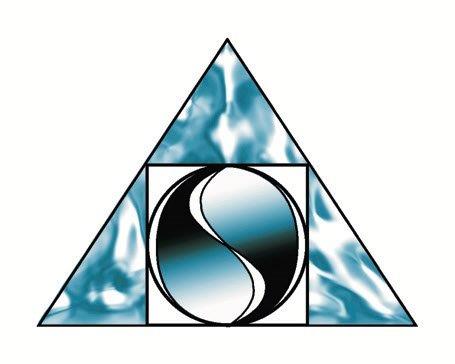The Symptom And The Cure
“Cure sometimes, treat often, comfort always.” ─ Hippocrates
Many of my clients are seeking a cure for their symptom or even a set of complex symptoms, which are not responding to traditional medical treatment. The client may have a specific complaint such as simply, “I have no energy, or I feel like I am on a sinking ship.” These are symptoms that are about something in particular. The word cure comes from the Latin cura meaning care, concern or attention. Symptoms require a careful personal treatment and an attending concern. Thomas Moore lectures and writes about the Soul said, “The therapist’s job is not to be an exterminator to take things away. The job is to give the problem back to the client in a way that shows how much they need it, show its value.”
The Symptom
The Greek word σύμπτωμα means a symptom. It has a number of different meanings such as accident, misfortune, and befalls, like “I fall.” Any symptom is a change from your normal baseline functioning. The client tells about their unusual feeling state or “dis-ease” that has befallen them. A symptom is personal. You can’t see it. Other people can’t see or measure it in inches, for example. It can only be seen if it has produced an outward manifestation like a sudden red rash, or you have some stitches on your arm. Many times, symptoms are invisible. The symptom needing a cure is experienced merely by the person who has it. It is theirs, belongs to them, and therefore, has meaning and significance if it is worked with. The symptom contains the cut off part of life’s problem or dilemma that is not currently being resolved and is stored within the body and/or mind.
An inquisitive curiosity and personal interest are needed to explore the symptom of what has befallen the client. There is a need to find out what it is all about. It is the client who tells about it. The client needs the witness and the listening therapist to make sense with him or her about the issue in the tissue. Only the person who has the symptom can dig deep and excavate it’s meaning to their own life. Jungian depth psychology puts forth the notion that considers the symptom attempting to get the person to see, understand or heed a message. The symptomatic message needs to be decoded by working with the symbols that arise.
The word symbol also means a symptom because sym means together, and bol means thrown. A symptom and the symbol associated with the issue mean something that is thrown together. An example would be a red rash, and skin are thrown together or an ear and an ache, an earache. The unconscious works to make the person aware of something important to their individual life.
Your Inner World Situation
“When an inner situation is not made conscious, it appears outside as fate.” ─ C. G. Jung
Dreams are from your inner world unconscious life. You are the dreamer, and every detail in your dream is you and about you. Your dreams give you useful guidance if you work with their symbols, images, and metaphors. An example from the unconscious inner world is dreaming you have cancer or told that by a figure from the dream world. R. A. Lockhart a Jungian analyst in Words as Eggs states that “Cancer is a growth that turns against and consumes the body. Psychologically, it is a potential growth toward life that has turned negative and now threatens to consume the dreamer” (2012 p. 23). An individual would do personal work to find out and discover what area throughout his or her life has been suppressed and internalized. The nature of Cancer is it seeks to grow and multiply.
“If you are part of the problem you are part of the cure.” ─ Anonymous
The traditional medical model treats with drugs, surgery, and radiation to name a few methods. This paradigm does not seem to include the whole person. Your totality includes psyche, spirituality, personal nature, mindfulness, dreams, feelings and emotions and your relationship to people in your physical environment. This is not just about the brain’s processing of information. When it is your disease, you can participate on many levels to alleviate, cure, and restore to health a normal functioning. A question to ask yourself is. How would my life be different and what would I be doing without this symptom? This is true even for the mildest of symptoms to the worst of diseases that have befallen you.
“A patient doesn’t select his physical ailments. They happen to him. You could just as well ask when you are eaten by a crocodile, ‘How did you select that crocodile?’. Nonsense. He has selected you. The patient doesn’t even select the symptoms unconsciously. That is an extraordinary exaggeration of the subject to say he was choosing such things. They get him.” – C.G. Jung
© Ozimkiewicz







